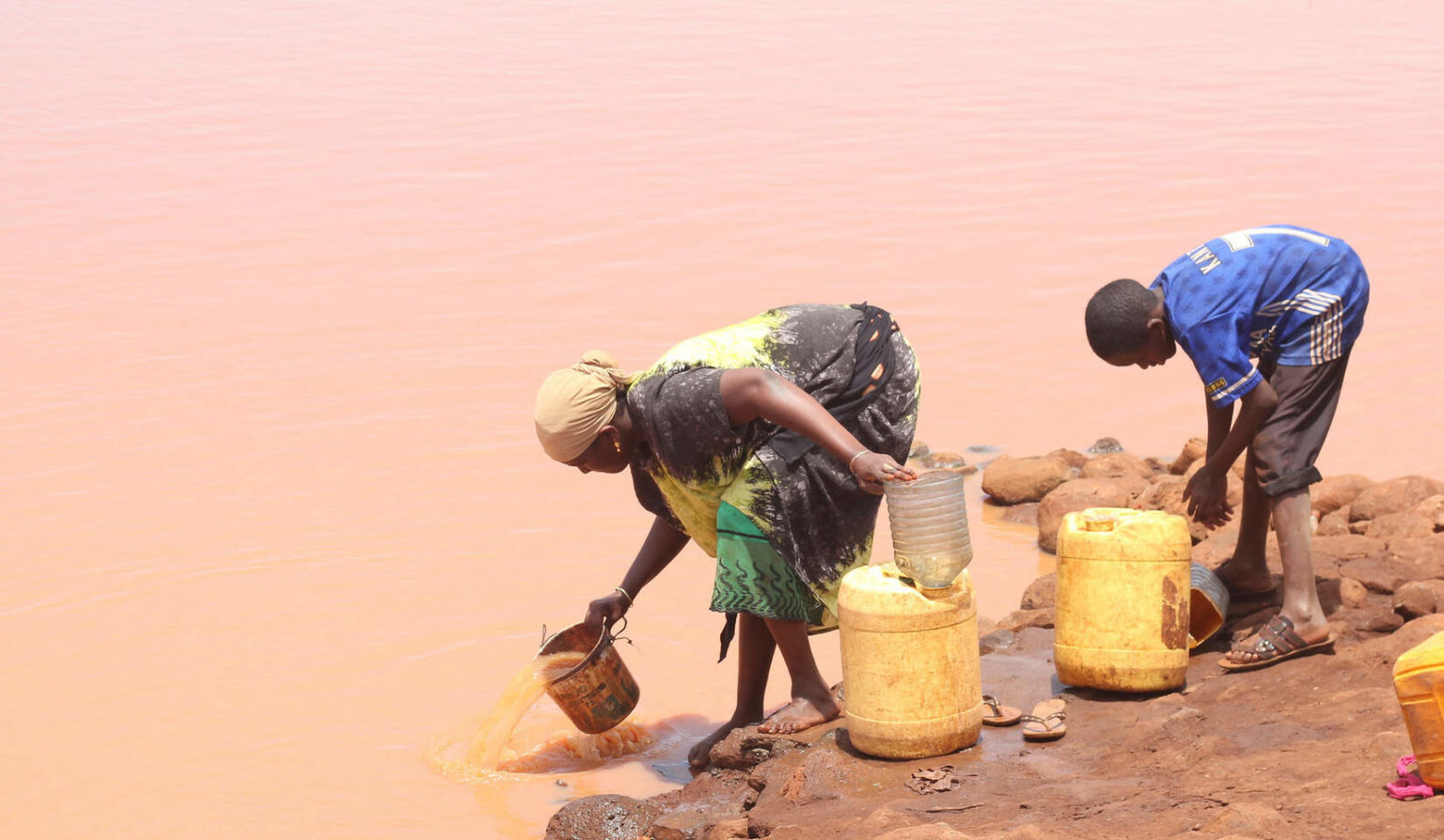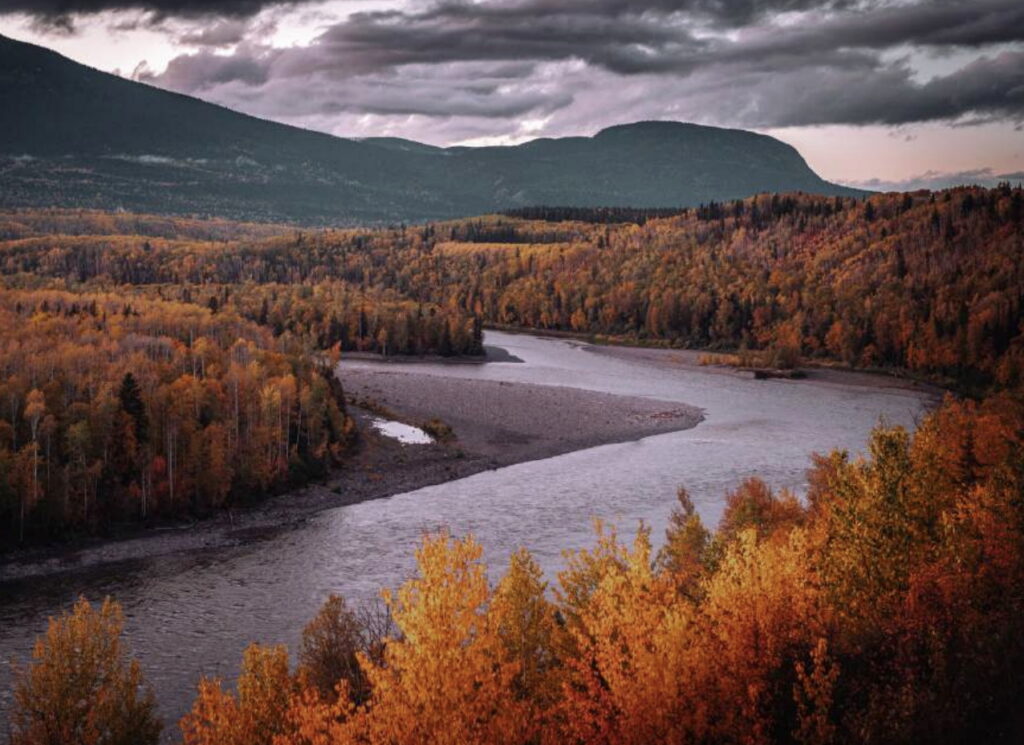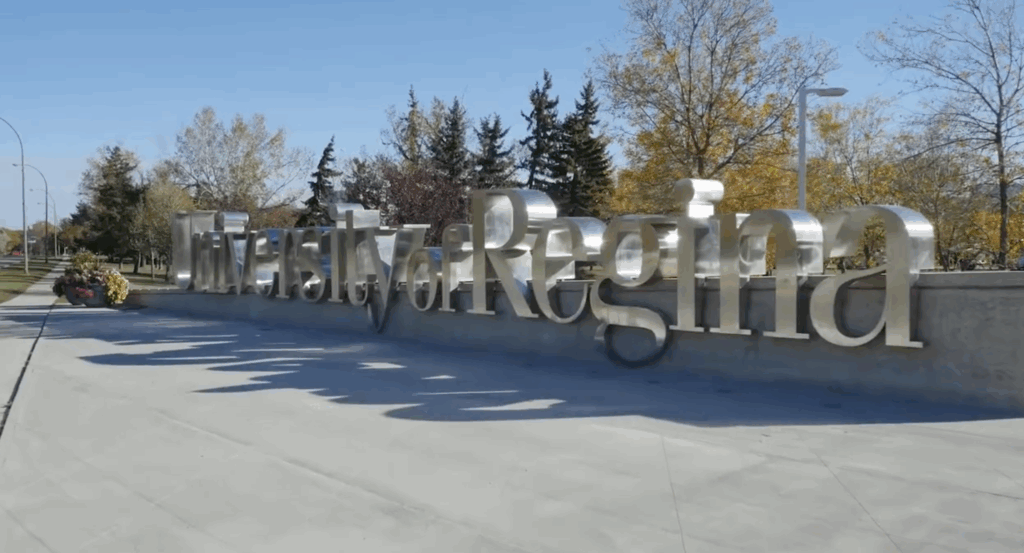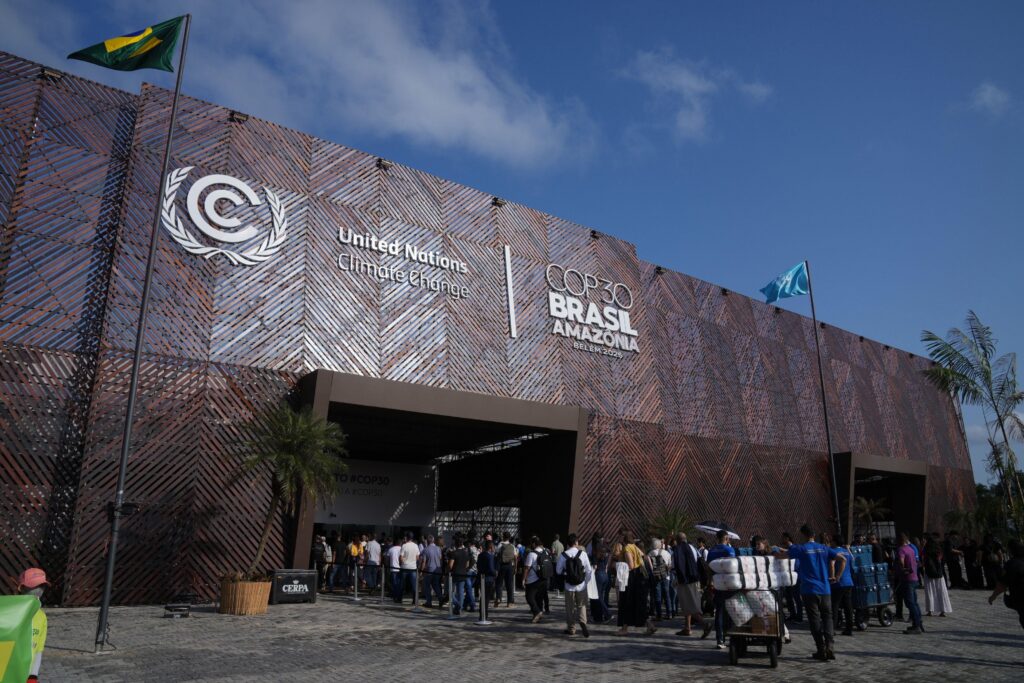Before becoming a local politician, Assunta Gelgetile was a nurse in Marsabit, northern Kenya. During that time, she saw many patients, mainly women and children, having difficulty swallowing solids. She would refer the cases to Marsabit County hospital dozens of miles away, where further tests revealed the patients had throat cancer.
“I reasoned that this must be related to the food or water people were consuming,” she told DeSmog. After detecting a trend, she asked the authorities to help “investigate what exactly was the cause of the cancer that was causing so many deaths,” she said.
Investigations by the Kenya government’s National Environment Management Authority (NEMA) and the local Catholic church linked the disease to local ground water. A 2010 report by Greenpeace blamed this on hazardous nuclear waste dumped in the area by foreign energy companies.
Despite the allegations, nothing has been done. People continue to get sick and die.
In desperation, residents of the Chalbi desert and North Horr region are now suing the Kenya and County governments, asking the courts to compel the officials to supply residents and their livestock with clean water.
It is an unprecedented case, which hinges on Kenya’s constitutional right for citizens to have access to a safe and healthy environment.
Like what you’re reading? Support independent journalism by donating to DeSmog today!
Poisoned water
Local activists have repeatedly claimed dumped toxic waste is the reason for high rates of illness in the area.
“Agents of both local and national governments have collected samples from local wells on numerous occasions but they have never told us what they have found, neither have they provided alternative water sources,” says Gelgetile, now an elected member of the County Assembly.
Studies commissioned by the Catholic church concluded the water in the area is poisoned with arsenic nitrates; dangerous chemicals believed to be the cause of the numerous cancer cases in Kargi, Dukana, Bubisa, Maikona, North Hall and Kalacha, according to Hilary Harkano, who headed the Justice and Peace Commission of the Catholic Church’s Diocese of Marsabit between 2003 and 2010.
Whitish salt or ash-like substances packed in bags has been found buried in the area, endangering lives of more than 10,000 residents, Harkano claims.
Greenpeace’s report blamed the environmental issues on oil company Amoco, part of BP, for failing to properly to dispose of drilling waste after carrying out extensive oil exploration in the area in the 1980s. Italian NGO Legambiente also previously revealed ships were sent to the region with the toxic waste in the 1990s. The companies have for decades remained silent on the issue.
Andrew Arbelle, a 27 year-old man from Kargi, fled the plains for Nairobi after the death of his mother. Namana Segelan Arbelle died at the age of 62 after having being diagnosed with cancer. She first knew something was wrong when she had trouble swallowing meat. She sought help at the local hospital, and was ultimately sent for care in Nairobi.
She would finally succumb to the disease in May 2018, but not before the family had sold nearly all their cattle, their possessions, and held fundraisers for her treatment, Arbelle told DeSmog. His aunt has now been admitted to hospital suffering from the same disease.
“Give our people water; water that is not salty and water that is safe,” Arbelle pleads. “Alternatively move all of us out of all our settlements and settle us far away from Chalbi to areas where living is less risky.”
Court case
In the suit filed in the High Court in Nairobi, the villagers are asking to be provided with their constitutional right to a safe living environment.
The victims have a case, Greenpeace Africa’s Claire Nasike told DeSmog. The government should initiate the process of decontaminating the area to rid it of harmful material to make it safe, and ought to bear the cost of treating patients, she argues. The residents may also try and sue Amoco for failing to properly decommission exploration wells and endangering lives of people and animals, she notes.
“Legal action can be instituted to compel the company to compensate for lost lives and lost livelihoods to cater for deaths of livestock from drinking contaminated water,” she said.
“This cleaning up has been done elsewhere and can be done here. After all this is the only place that these people call home.”
Image credit: Kandukuru Nagarjun/Flickr CC BY 2.0
Subscribe to our newsletter
Stay up to date with DeSmog news and alerts






